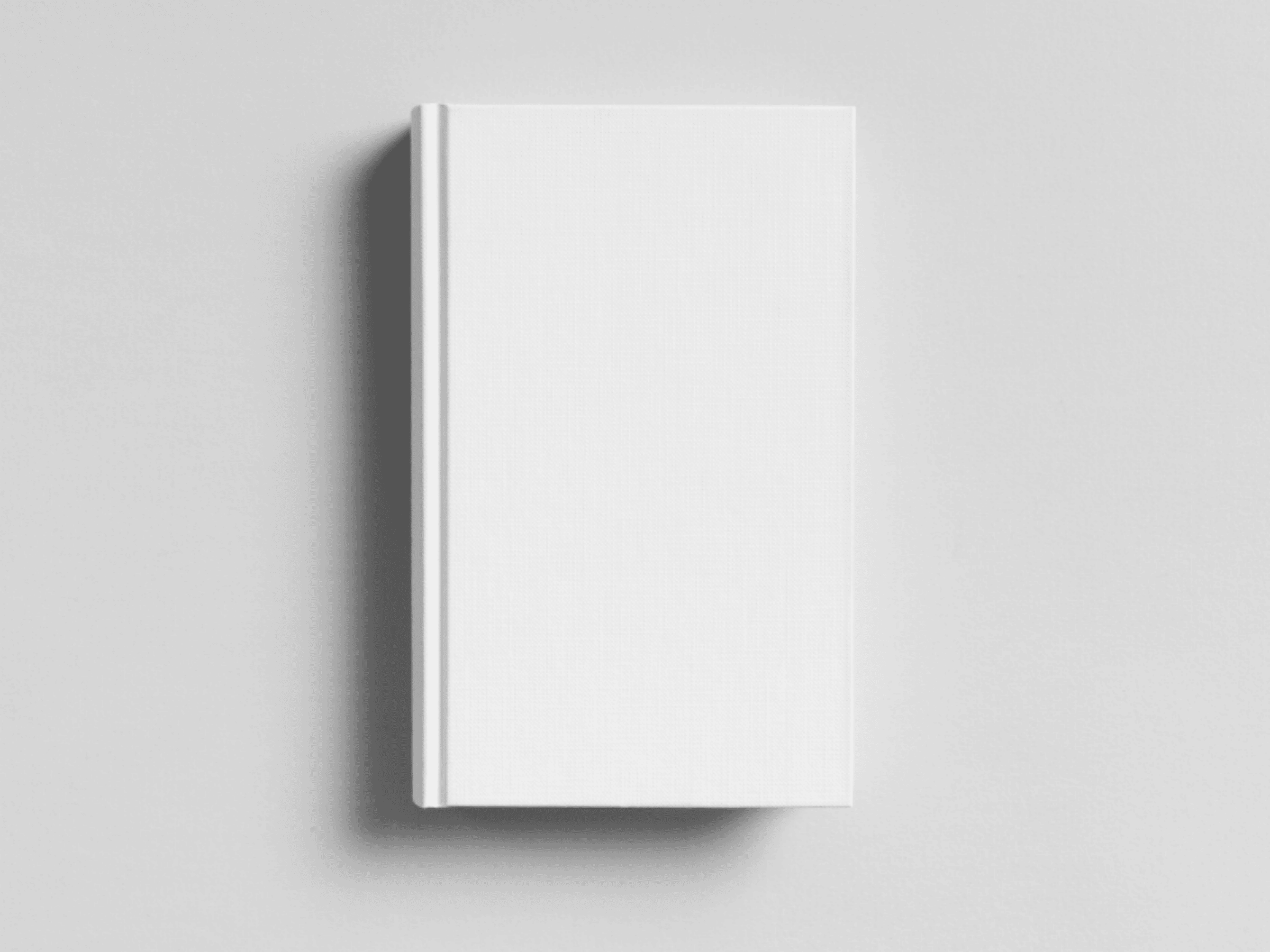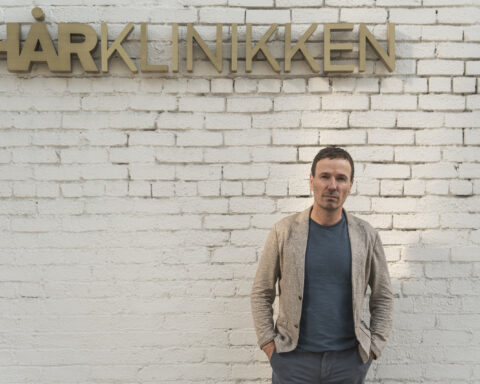
The Headspace Guide To Meditation and Mindfulness by Andy Puddicombe
The New York Times wrote in 2011: “Andy Puddicombe is doing for meditation what Jamie Oliver has done for food.” And in the nine years since, his mission to make meditation digestible for all has gone from strength to strength.
No-one has achieved more in demystifying the practice of meditation in recent years than Andy, whose Headspace app has been downloaded by 66 million people — many of whom would not have experienced the benefits of mindfulness without him.
In his early twenties, half way through a university degree in Sports Science and after a series of tragedies in his life, Andy quit college to travel from Britain to the Himalayas to study meditation as he attempted to get a grip on his unsettled mind.
In this book, Andy’s uses his ten years training at monasteries in Asia and ordination as a Buddhist monk and translates these experiences into practical advice for the modern world.
Headspace revolutionized meditation for the masses by encouraging short and simple sessions, explained clearly on their app. And here, Andy explains how just ten minutes meditation a day can change our lives to give us some “headspace” and offers guidance on how to make that a habit.
It’s great first introduction to meditation or complimentary reading for those already using the Headspace app.
“Meditation isn’t about becoming a different person, a new person, or even a better person. It’s about training in awareness and understanding why you think and feel the way you do, and getting a healthy sense of perspective in the process.”

10% Happier by Dan Harris
An engaging introduction to meditation for skeptics, written by a former hard skeptic himself.
ABC news anchor Dan Harris’ life changed forever in 2004 when he had a 7am panic attack while reading the news live on air. His meltdown was watched by five million people live and tens of millions more have now seen the clip online.
The incident sent Dan on a journey of self-reflection which saw him find happiness — or 10 per cent more happiness, at least — by embracing meditation.
The book is part memoir of Dan’s journeyfrom a cynical religion correspondent to open-minded meditator and part beginner’s guide to meditation and mindfulness. A great read for those wondering if meditation might help them in their own life but who are wary to take the plunge, written in the pragmatic voice of a journalist.
Dan offers a summary of the views of popular modern thinkers from Ekhart Tolle to the Dalai Lama — all of whom he has interviewed during his time covering the religion beat for ABC.
And having spent his career in fast-paced newsrooms, he gives good insight on how to benefit from what meditation has to offer without“losing your edge” at work.
Dan has followed up his best-selling book by building a wider mindfulness business and launched an app, podcast and other tools.
“Mindfulness, I now realized, was the best and most impactful story I’d ever covered. In many ways it was my craziest act of gonzo journalism. If it could help a monumental skeptic like me, I could only imagine what it could do for others.”

Wherever You Go There You Are by Jon Zabat-Zinn
A practical, straight-talking guide to meditation techniques and its benefits from the founder of the Center for Mindfulness in Medicine, Health Care, and Society at the University of Massachusetts.
His style detaches meditation from its Buddhist context and concentrates on how the practice can improve our everyday life.
Each chapter is just a few pages long with titles like ‘patience’, ’trust’ and ‘generosity’ — so we can read one in a few minutes to offer some help and guidance when needed.
It debunks the clichés and gets to the real meaning of some of most well-trodden, often misused, buzzwords in meditation like “letting go” and being “present” in a tangible way that can be applied to modern life.
A good balance of deep-thinking and practical advice, this is solid read for anyone who is curious about meditation and mindfulness — even if we have no plans to become a monk.
“The phrase ‘letting go’ has to be high in the running for New Age cliché of the century. It is overused, abused daily. Yet it is such a powerful inward maneuver that it merits looking into, cliché or no. There is something vitally important to be learned from the practice of letting go.”

Zen Mind, Beginner’s Mind by Shunryu Suzuki
This series of excerpts of talks by Shunyru Suzuki, the monk and teacher who popularized Zen Buddhism in The West, is a great introduction to more classic Zen texts.
Headspace founder Andy Puddicombe calls it “one of the best books on the planet” which is reason enough to give it a try.
The book is split into three parts — Right Practice, Right Attitude and Right Understanding — each containing several bitesized chapters that can be read in a few minutes so it’s a managable book to dip into.
It starts with the nuts and bolts of meditation techniques — but stresses these do not have to be perfect — and moves onto deeper thoughts and theories of life and the mind in a refreshingly straightforward tone.
And particularly appealing to the beginner is the central notion that you do not have to be an expert in Zen or Buddhism to improve our lives with meditation — in fact the people who know the least sometimes get the most from it.
“In the beginners mind there are many possibilities. In the experts mind there are few.”

Waking Up by Sam Harris
This book focuses on what spirituality means —and how to find it — without religion.
Neuroscientist and philosopher Harris is a devout atheist and his uncompromising rejection of traditional religion is not for everyone. But this offers an interesting perspective for skeptics who share that view or those who find the religious association is getting in the way of them finding spirituality in their lives.
It focusses on scientific evidence to outline the benefits of meditation and mindfulness — and even psychedelic drugs — and stresses our personal responsibility to get the most out of our lives and fulfill our potential. And he offers logical explanations as to why meditation works.
There is also an app to support the book which offers practical meditation advice.
“Your mind is the basis of everything that you experience and of every contribution you make to the lives of others. Given this fact, it makes sense to train it.”
*We only recommend products, brands and services that we truly believe in. If you make a purchase through a link on this site we may receive a commission, at no extra cost to you, which helps us to continue to produce our content.











